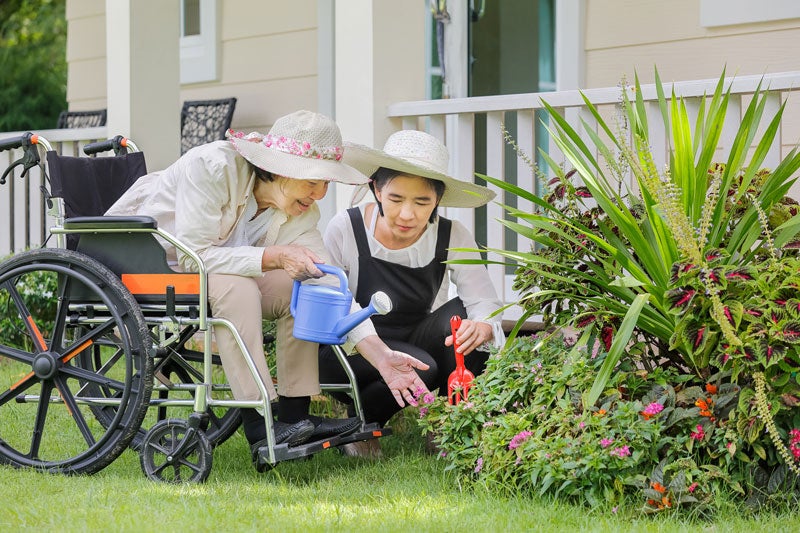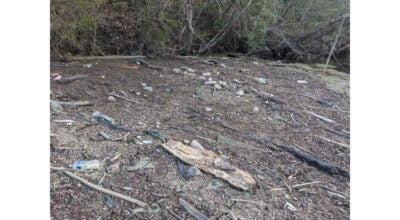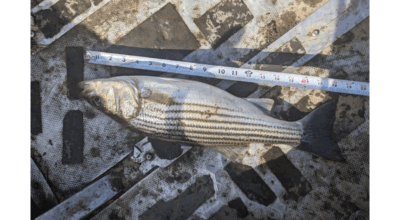Therapy through gardening
Published 5:30 pm Monday, December 30, 2019

- Above: Exercise can really help reduce discomfort in life and gardening. Additionally, wearing appropriate attire increases comfort and protection. Below left and right: When you have your hands full of soil, you feel connected with your ancestors, your environment and with nature as a whole. Courtesy | Shutterstock
|
Getting your Trinity Audio player ready...
|
By Mark C. Carroll
I call it “dirt therapy.” Other Master Gardeners would suggest “soil therapy” But Phyllis Turner, PhD, RN, and Virginia Cooperative Extension Master Gardener calls it “therapeutic gardening.” She even published an E-book about it through the Virginia Cooperative Extension https://vtechworks.lib.vt.edu/bitstream/handle/10919/48288/HORT-66-PDF.pdf.
What exactly is therapy anyway? Well, you can research the technical definition if you choose, but I suggest that it is perhaps a scholarly word for “healing.” Healing can come in many different forms, but as sure as there are a variety of issues that require it, there is a form of gardening that can at least facilitate healing.
Dr. Turner suggests some ways to think about gardening during the planning stages, which are useful to ensure that gardening is more therapeutic relaxation and less an exhausting chore. Specifically, she makes 3 general recommendations:
• Adapt the garden: Move the garden to increase accessibility. Most typically this is accomplished by using raised beds to lift the garden, so extensive bending is unnecessary. Other ways to adapt the garden are to move the garden closer to where gardeners are, like in front of the house or near sidewalks. Also, gardens may be adapted by using containers, hanging baskets or window boxes.
• Adapt the gardener: Exercise can really help reduce discomfort in life and gardening. Additionally, wearing appropriate attire increases comfort and protection. As we age, we become less able to avoid sickness or injury when exposed to hot or cold weather, especially, if we add wet to it. Also, having the proper tools and equipment for a particular gardening task helps to minimize misuse and potential adversity.
• Adapt the plant material: Most gardeners like tomatoes, but consider how much work would be involved in caring for tomatoes in a raised bed if your grandmother were doing it. Perhaps cherry tomatoes would be a better choice and even provide an incentive when ripe to caring for them. If you are helping set a garden up for a particular person, remember, their preferences are more important than yours. If it is too much work or if they prefer flowers over food, then the healing gained will likely be offset by the stress of caring for it.
That is my synopsis of this publication. I am so passionate about therapeutic gardening that I want to encourage people who need some healing in their lives, to just grow something, somewhere. I think gardening exercises our bodies, our minds, and nurtures our soul. When I have my hands full of soil, I feel connected with my ancestors, my environment and with nature as a whole.
I wonder. What can gardening do for you?





